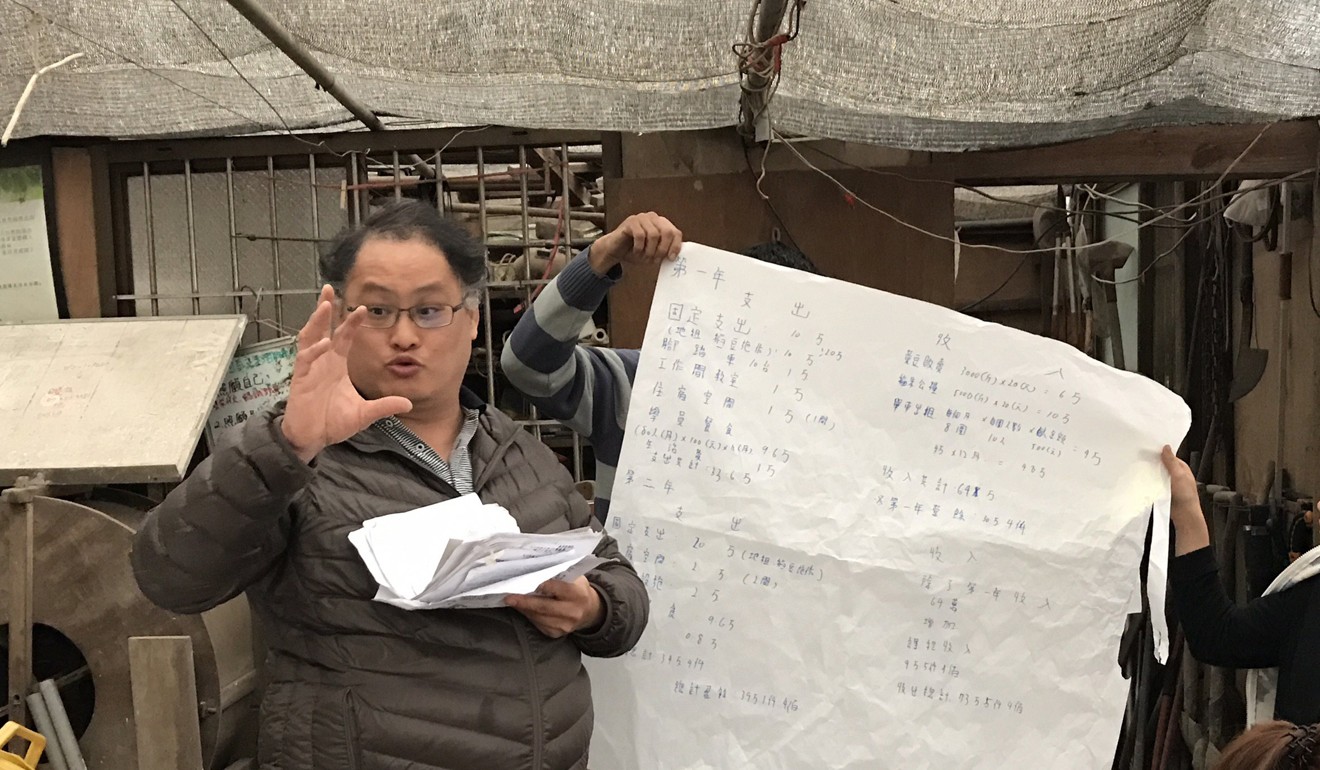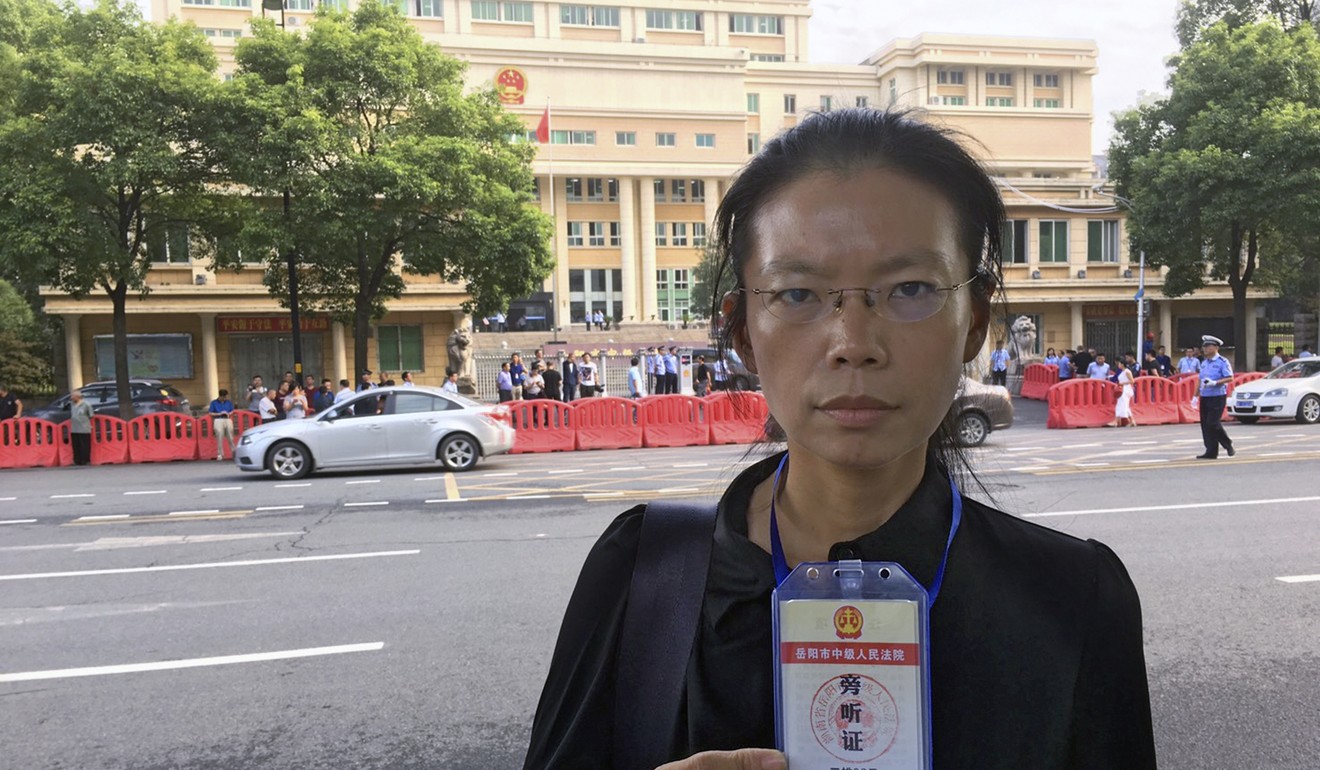
Don’t use Taiwan activist’s trial to attack Chinese law, mainland authorities warn
Officials say any attempt to use case of Lee Ming-che to attack the legal and political system will be futile
Attacks on China’s legal or political system using the trial of Taiwanese activist Lee Ming-che will prove futile, China’s Taiwan Affairs Office said on Wednesday after Lee’s wife and supporters rejected the authority of the court that tried him.
Lee, a community college teacher known for his pro-democracy and rights activism, went missing on a trip to mainland China in March.
Chinese authorities later confirmed that he was being investigated on suspicion of damaging national security.
Lee confessed on Monday to attempting to subvert the Beijing government, according to videos of his hearing released by the Chinese authorities.

His wife and supporters said the trial was not fair and that they did not recognise the court’s authority.
An Fengshan, a spokesman for the Taiwan Affairs office, told a regular briefing that “any attempts to use this case for political means, to influence or slander the mainland’s handling of the case in accordance with the law, or to attack the mainland’s political or legal systems will all be futile”.
The legal rights of Lee and his family had been upheld and guaranteed, he said.
A meeting between Lee and his wife and mother had been arranged after the hearing at the request of his family, An said.
The hearing process was broadcast by the court in videos and on social media website Weibo in what An said was an “open” trial.

Activists who had travelled to Yueyang in Hunan province to support Lee said after the trial they had been barred from attending, saying that was proof the case was not truly open or fair.
Releasing videos and transcripts of court hearings has become increasingly common in China as part of a push for greater judicial transparency and oversight.
However, rights activists say that holding “open” trials in sensitive cases allows the authorities to demonstrate state power as a deterrence, with statements and verdicts usually agreed in advance.
Ties between Beijing and Taipei have been strained since President Tsai Ing-wen, leader of the independence-leaning Democratic Progressive Party, took office last year.
Tsai’s refusal to say that Taiwan and China are part of one country has angered Beijing, as have her comments about human rights on the mainland.
Beijing maintains has never renounced the use of force to bring Taiwan under its control.
The island, which has a democratic system, has shown no interest in being governed by the Communist Party in Beijing.

